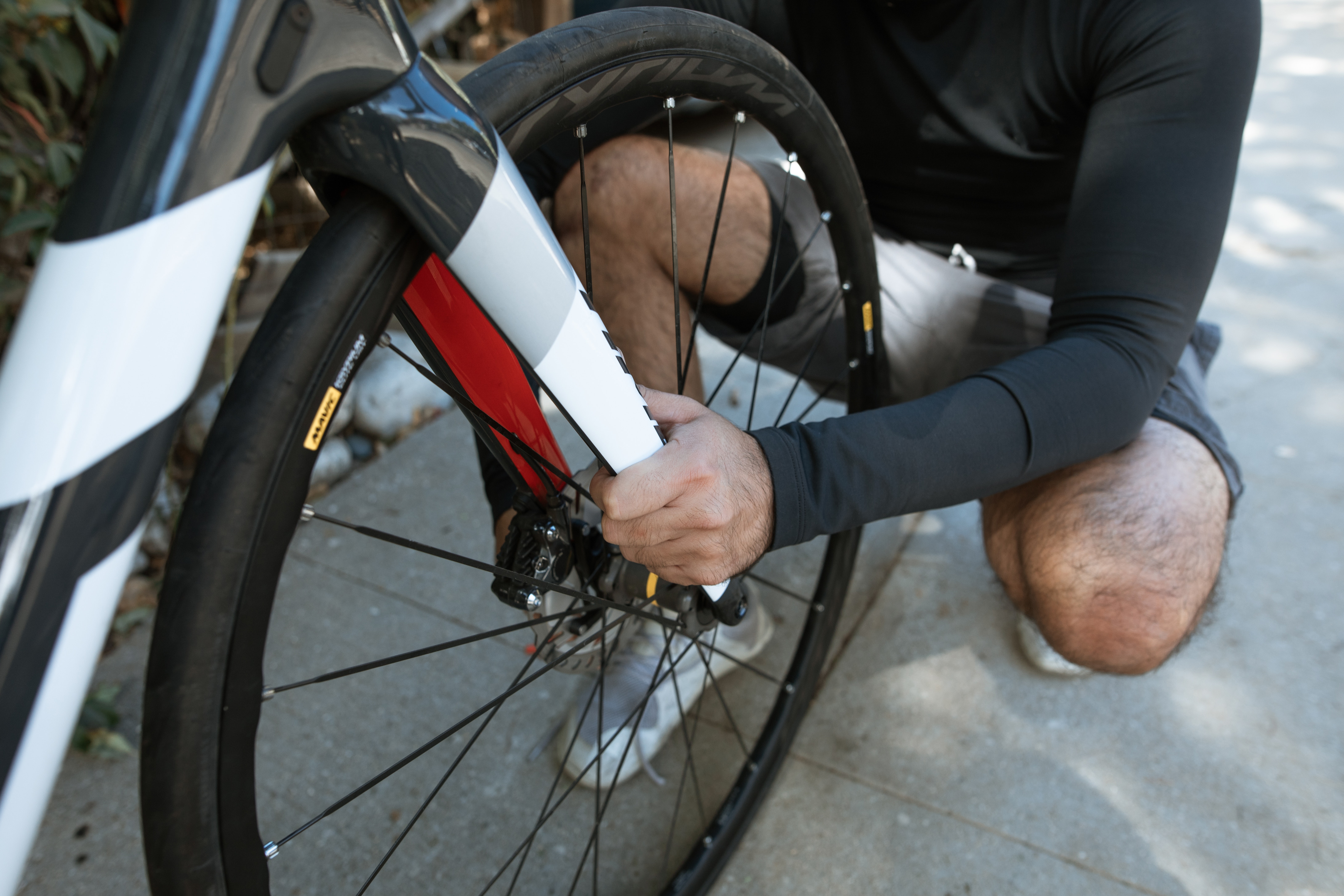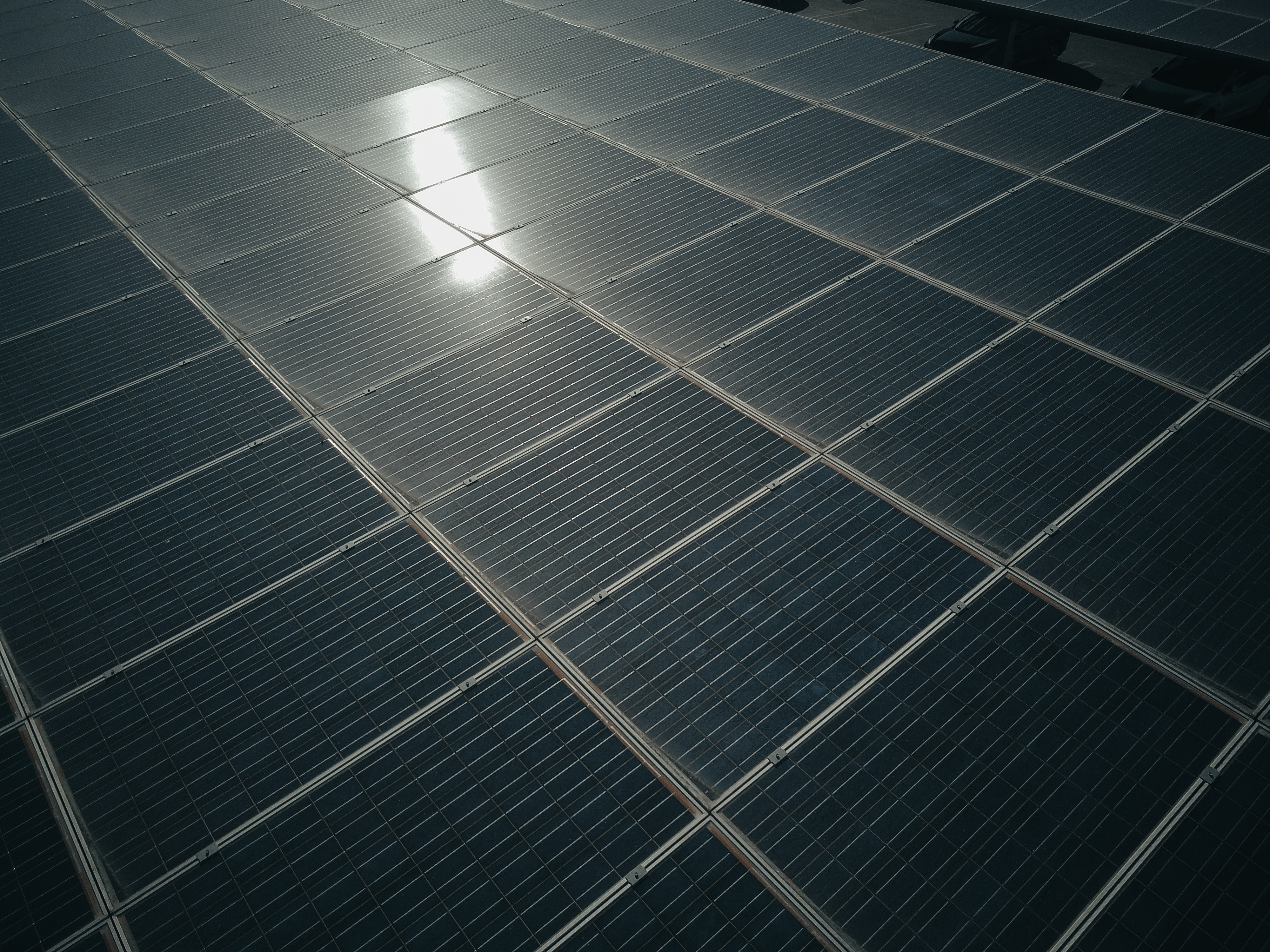Circular economies are a big thing for us. If you’ve ever checked out our blog before you probably already know that. It’s not just that a circular economy is a great, innovative model though. It’s also that linear models fall short of what we need in the bike industry. Or any industry really but we’ll stay in our lane for now.
The linear economy just doesn’t fit into a sustainable business model when there are other alternatives available. It leads to a greater consumption of raw materials, higher carbon emissions and more waste. We can cut our carbon impact by swapping to a circular economy as industry standard.
Circular economies aren’t just good for the environment though. It’s good for the consumer and the industry too. You see, designing a product without the intention of reuse allows for the inclusion of elements harmful to customer experience. While not every bike designed in a linear economy will suffer this there is much more room for it than within a circular economy.
On the other side of things, companies can suffer from a linear economy. Due to an increased reliance on raw materials companies become susceptible to supply chain issues and price fluctuations.
Linear Economies Environmental Impact
The biggest issue with continuing to use a linear economy model isn’t efficiency. Equally efficiency is a bonus to the circular economy, not the best reason to take part in it. The worst thing about linear economies is that they are incredibly wasteful.
You see, linear economies rely heavily on raw materials as a result of not using materials to their fullest extent. While the bulk of a frame might come from recycled steel it will still reach the manufacturing facility in the form of raw steel.
This raw steel takes a lot to be turned into a bike frame. Much of the steel will even be lost in the process. Hopefully to be reclaimed and recycled again. Every stage of this process means more emissions and waste. And this is with easily recycled materials like steel. When it comes to materials that are harder to recycle, like carbon fiber the issue becomes even greater.
Just because most of a steel frame comes recycled material doesn’t mean it all does either. Any steel that is not recycled, means it needs to be extracted and processed. Again this is adding more emissions to the process and increasing the waste product. Currently the steel industry is responsible for 7% of the world’s carbon emissions. Any industries involved with it bear responsibility. While there is a push to decarbonise by 2050 we can’t just carry on without changes while we wait.
The Effect Of Linear Economies On The Consumer
Like we mentioned already it isn’t only the environment that suffers through linear economies. The consumer does too. When bikes are designed without reuse in mind it means that there is no need to make parts interchangeable. That makes sense from a manufacturers point of view. Specialist tools might be needed to make repairs and only certain parts work with certain bikes.
It makes designs harder to copy and it means that people are more likely to continue to get replacement parts from the same companies. Or even just get their bike fixed with registered dealers. It’s also unsustainable because parts aren’t as interchangeable.
Now we’re in no way saying that this is industry standard, or that every part should fit every bike. Specialist designs will always exist for particular things and they will rule out certain parts. At the end of the day there is more than one bike and there is a reason for that.
However, by including design elements that restrict a consumer to only using certain products, intentionally or unintentionally, we harm their experience. It stands in the way of them making their bike their own. It also breeds quicker obsolescence.
A motor with a highly specific design that only fits on one frame is less likely to get the most out of its lifespan as one that can be fit onto a new frame. By building bikes with reuse in mind we are able to improve a customer’s experience.
A final point worth noting with consumers is the circular economy opens up the industry to a strong second hand market. This allows a greater customer base by lowering the cost of quality bikes and letting the less privileged in society get their hands on one.
Linear Economies Lead To Inefficiencies
Finally let’s talk about how linear economies are bad for the business owner. Whether you’re a manufacturer or retailer, linear economies can lead to problems for you.
Due to a reliance on raw materials companies operating within a linear economy are more susceptible to price fluctuations and supply chain issues. Let’s take steel as an example again. If you are to make bikes from steel in a linear model, that means your steel supply is governed by the current supply and demand of steel. Higher steel prices means a higher cost to bike production. This will carry through to the retailer and consumer.
Now admittedly retailers and customers might benefit more from this than manufacturers. But reduced reliance on steel would also mean a reduced demand and so smoother supply chains and lower costs. The circular economy wouldn’t eliminate the need for raw materials after all, just reduce the need.
By sticking with the same linear model it’s much harder to remedy these issues. By making a conscious effort to engage with the circular economy we can increase the benefit we gain from it. That includes manufacturers. A manufacturer who for example takes back bikes at the end of their lifespan to refurbish and reuse will be making the most out of their raw materials. Ultimately they’ll end up needing to purchase less raw material per bike produced.



